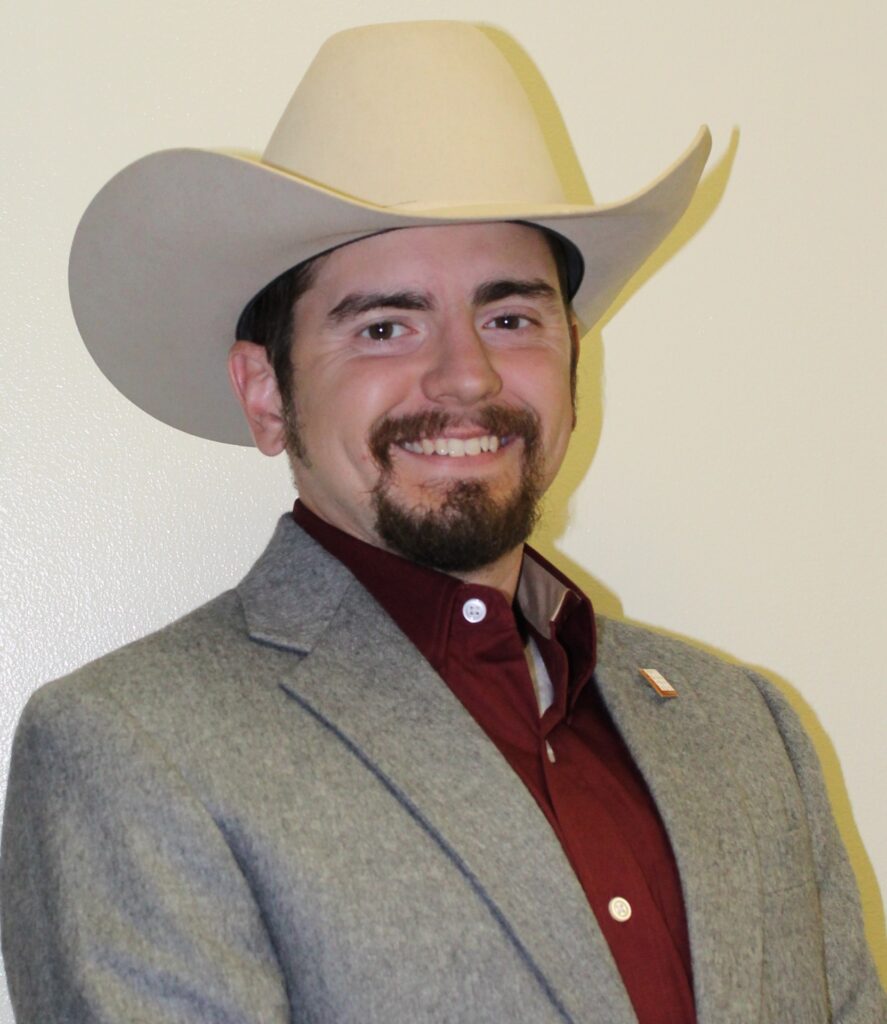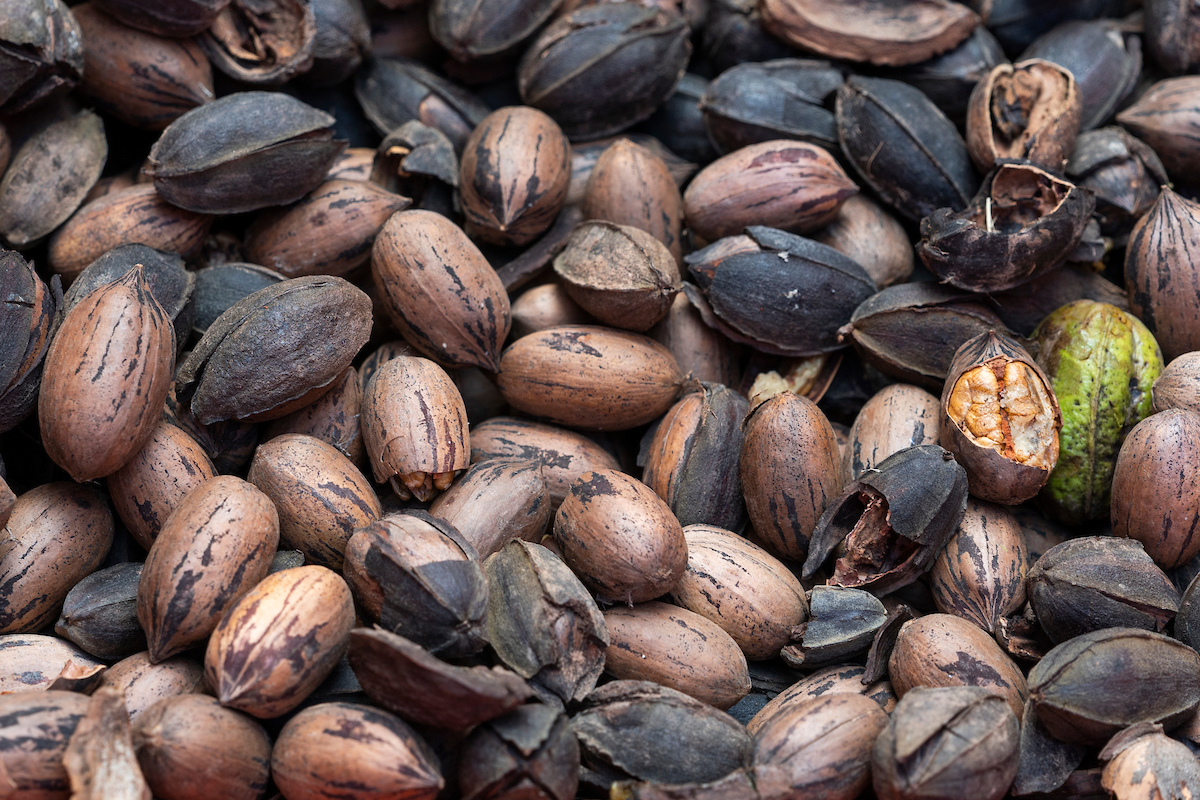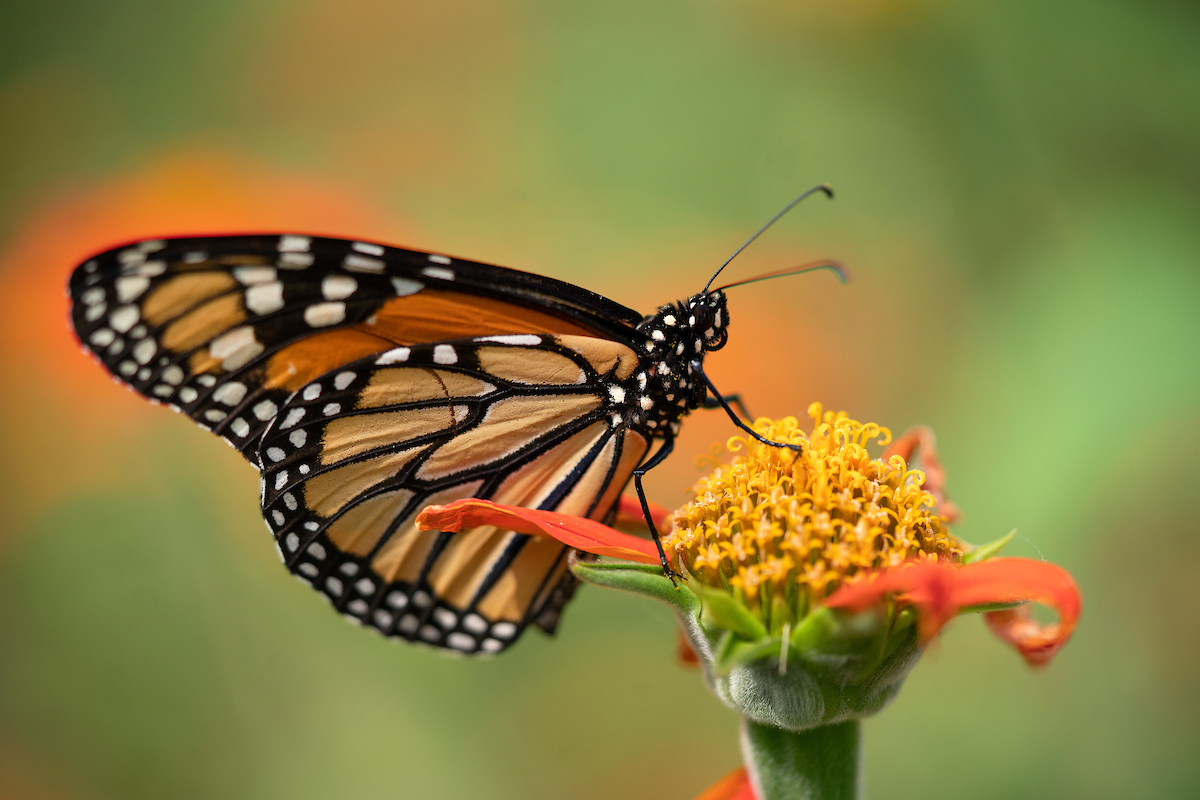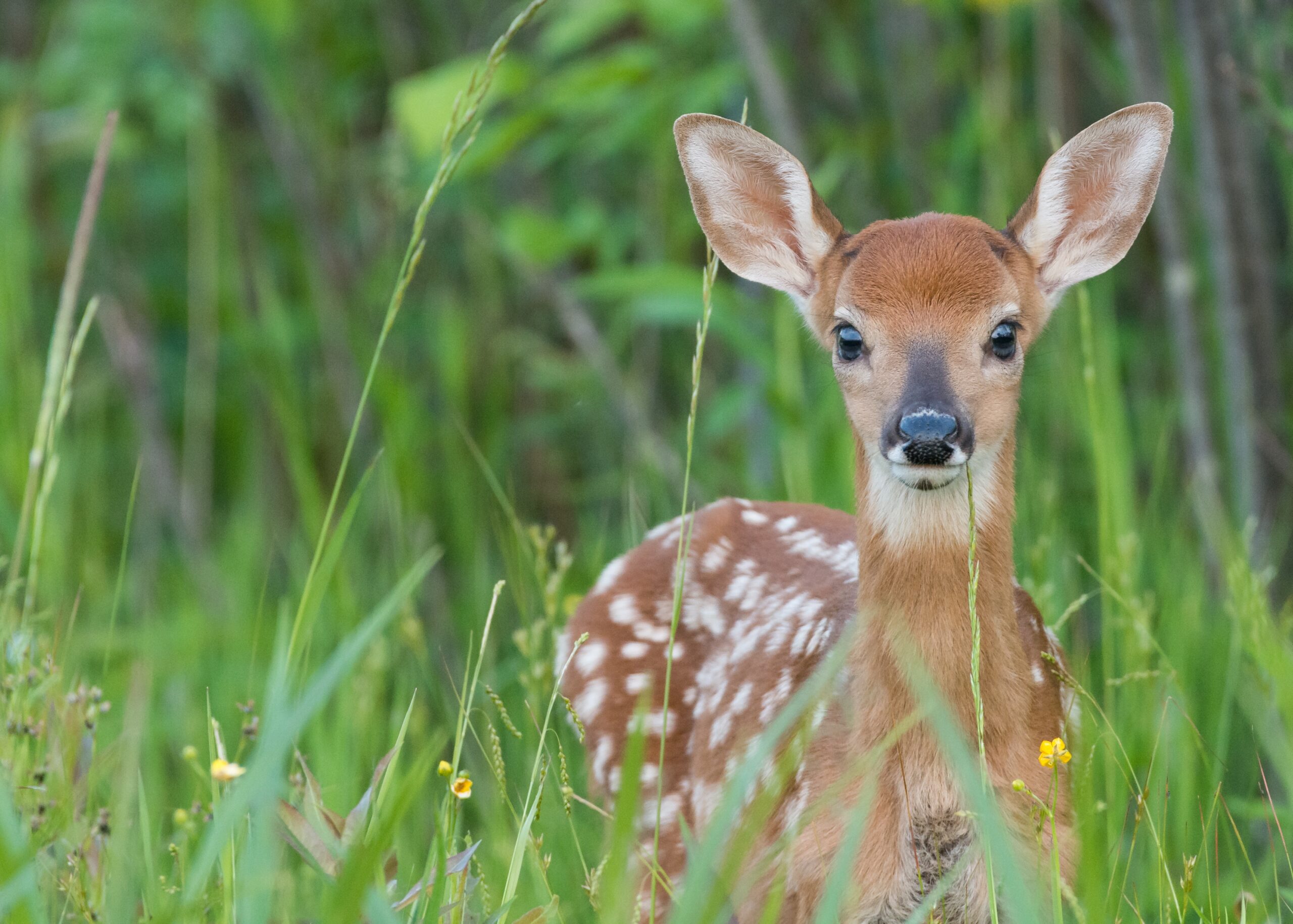Tomeček appointed to national wildlife advisory committee
Texas A&M AgriLife expert to provide guidance on wildlife research and management
The U.S. Department of Agriculture announced the appointment of Texas A&M AgriLife’s John Tomeček, Ph.D., to the National Wildlife Services Advisory Committee.

Tomeček, associate professor and Texas A&M AgriLife Extension Service wildlife specialist in the Department of Rangeland, Wildlife and Fisheries Management, is one of 20 committee members appointed by USDA Secretary Thomas Vilsack. The committee, comprised of diverse stakeholders from across the fields of agriculture, wildlife management, animal welfare and public health, will provide critical guidance to the USDA Animal and Plant Health Inspection Service Wildlife Services.
“The appointment of Dr. John Tomeček to the National Wildlife Services Advisory Committee highlights Texas A&M AgriLife Extension Service’s position as a national leader in conservation, human health and economic development,” said Rick Avery, Ph.D., director of AgriLife Extension.
A legacy of service
The Wildlife Services program can be traced back to the late 1800s, with the precursor of the division first focusing on extensive biological surveys but soon evolving to address wildlife conflict related to agricultural production.
Through the program’s nationwide network of biologists, specialists and researchers, Wildlife Services assists residents, organizations, industries and government agencies in resolving conflicts with wildlife to protect agriculture, property and natural resources while also safeguarding human health and safety.
“One of the reasons I work in this field is that I find wildlife damage and conflict to be one of the most needful areas in wildlife management,” Tomeček said. “Everyone has had a conflict or damage issue with wildlife, even if they don’t realize it.”
In many cases, Tomeček said humans aren’t aware of wildlife-related conflicts because programs like Wildlife Services actively mitigate the problem.
While some wildlife conflicts are obvious, such as livestock predation or feral hog damage to croplands, other emerging threats aren’t as evident.
“Wildlife-borne diseases are a concern,” Tomeček said. “We’re fighting highly pathogenic avian influenza; we’re fighting a variety of swine-based diseases, and we’re working to keep diseases out of cattle feeding operations.”
Despite these evolving concerns, Tomeček said Texas A&M AgriLife and Wildlife Services are undeterred.
“Dr. Tomeček’s appointment is indicative of the true collaborative nature of the work between Wildlife Services and the AgriLife Extension to continually meet the critical needs of Texans,” said Parr Rosson, professor and associate department head for extension in the Department of Rangeland, Wildlife and Fisheries Management. “Wildlife conservation and stewardship are among the top priorities of our department, and this appointment allows us to better achieve our objectives as a land-grant university.”
Bridging academia and the field
Tomeček holds a doctorate in wildlife ecology and management from Texas A&M College of Agriculture and Life Sciences and maintains a rigorous research program through AgriLife Extension’s Texas Carnivore Ecology Lab.
While his primary research interests revolve around carnivores, Tomeček’s contributions to feral hog management are a prominent feature of his career. In addition to service as chair of the Texas Wild Pig Task Force, Tomeček was tapped to lead the National Wild Pig Task Force as chair-elect in 2021.
“I began working with pigs because I like addressing wildlife conflict,” Tomeček said. “Everyone in the wildlife conflict world has slowly turned their attention towards pigs—not because it’s what we all want to work on, but because it’s one of the most urgent issues right now.”
Recently, the Feral Swine Eradication and Control Pilot Program has occupied much of his time. Initiated through the 2018 Farm Bill, the pilot program assists landowners in controlling or eradicating feral hog populations through various methods.
Tomeček was tasked with evaluating the effectiveness of this program not only in Texas, but across the country. The data will inform Congress of ways the program can be adjusted and improved.
“Objective, science-based data and expertise are crucial for elected officials in all levels of government to make informed decisions, and AgriLife Extension remains committed to providing this vital service,” Avery said.
Through this and other projects, Tomeček developed a well-established relationship with Wildlife Services, working closely with the section’s research branch based in Colorado, as well as field-based activities across the U.S.
“My best research ideas come from folks working in the field or from landowners,” Tomeček said. “We look for solutions, and if there’s not one available, we find one based on scientific evidence.”
For example, after one conversation with a Wildlife Service agent, Tomeček implemented a research project monitoring coyote movements following feral hog removal. These findings will help ranchers plan calving operations to reduce coyote predation after feral hog removal on their property.
Tomeček said his dedication to these science-based resolutions will guide his service on the Wildlife Services Advisory Committee.
“For those of us in Extension, objectiveness and a reliance on fact are critical,” he said. “No matter the issue, Extension is always a valued partner at the table because we keep everyone grounded in reality.”
In addition to Tomeček’s latest appointment, he also serves advisory roles on Texas Parks and Wildlife’s Chronic Wasting Disease Interagency Task Force, the Texas Animal Health Commission’s Cervid Health Advisory Committee and the City of Austin Coyote Management Advisory Committee. He is a member of the USDA Animal and Plant Health Inspection Service’s U.S. and Mexico Binational Disease Management Group on rabies as well as the International Union for Conservation of Nature Canid Specialist Working Group and is a former president of the Texas Chapter of The Wildlife Society.





